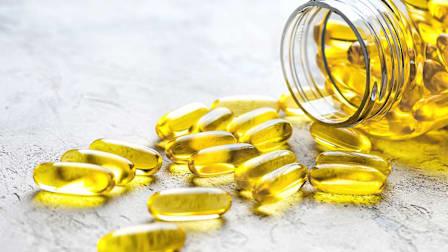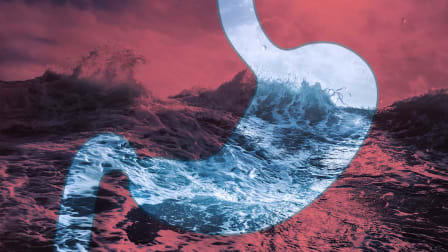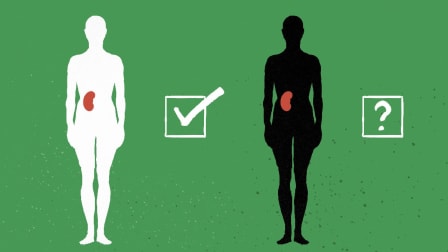Keep Your Kidneys Working Well
Regular screenings, the right foods and drinks, and, sometimes, meds can help keep problems at bay

You can think of your kidneys as your body’s sanitation department—and then some. They filter waste, toxins, and extra fluid from your blood. They also balance minerals in your body and release hormones that help create red blood cells, keep your blood pressure in check, and strengthen your bones.
Chronic kidney disease (CKD) is a condition in which the kidneys can no longer effectively filter blood. This can increase your risk of cardiovascular disease, other health problems, and even death. More than a third of people 65 and older have CKD, and it’s quickly becoming more common. Although kidney damage can’t be reversed, there are a number of effective lifestyle steps and treatments that can help keep CKD in check.
Eat Right, Exercise, and Hydrate
The risk of developing CKD generally increases with age. “This is often due to a longer exposure to medical conditions or medications that can harm the kidney function,” says Laura Maursetter, DO, a nephrologist who’s an associate professor at the University of Wisconsin School of Medicine and Public Health. Diabetes, high cholesterol, and high blood pressure are all known risk factors for kidney disease, as is long-term use of over-the-counter NSAIDs such as ibuprofen and naproxen. Research also indicates that people who regularly use proton pump inhibitors—such as esomeprazole (Nexium), lansoprazole (Prevacid), and omeprazole (Prilosec)—for frequent heartburn are more than 28 times as likely to have CKD as those who use histamine-2 receptor antagonists (Pepcid and Zantac).
Get Your Screenings
Because chronic kidney disease is often symptomless, it’s usually undiagnosed. Screening tests are critical—at least once a year if you’re older than 60 or have high blood pressure or diabetes, Thavarajah suggests. (Official screening guidelines are currently being updated.)
A routine blood test can measure levels of creatinine, a waste product from your muscles, to determine how well your kidneys are functioning. These test results can be combined with factors such as age, race, and gender to determine your glomerular filtration rate (GFR). The lower it is, the more likely it is that you have CKD. Your doctor may also order a urine test to screen for a protein (albumin), which can be an early sign of declining kidney function, Thavarajah says—sometimes before anything shows up on a blood test.
People who do have CKD symptoms may experience feet and ankle swelling, frequent nausea, vomiting, appetite loss, and shortness of breath.
Take Care of Kidney Disease
If your lab tests show a decline in kidney function for more than three months in a row, you might be diagnosed with CKD and referred to a nephrologist.
Dietary modifications (such as avoiding alcohol and choosing heart-healthy foods low in sugar and salt), exercise, and quitting smoking can help control CKD. And there’s increasing evidence that diabetes medications called SGLT-2 inhibitors can slow the progression of CKD and decrease the risk of cardiovascular complications and other problems. People who take blood pressure or diabetes drugs should talk to their doctors about how medications will affect CKD.
In severe cases where the kidneys are failing, Rosas says that dialysis or a kidney transplant may be necessary. That’s why prevention through lifestyle steps and routine screening are so important. “There are many things we can do if chronic kidney disease is caught early,” Rosas says.
Editor’s Note: A version of this article also appeared in the November 2023 issue of Consumer Reports On Health. This article incorporates parts of another article published in the September 2019 issue of Consumer Reports On Health.



